Awala Hybrid Seeds
Awala Hybrid Seeds, also known as Indian Gooseberry or Amla (Phyllanthus emblica), is a fruit-bearing tree renowned for its small, round, greenish-yellow fruit with a tart, sour taste. Hybrid Amla seeds (or Awala hybrid seeds) refer to the improved, cultivated varieties that are bred for better yield, larger fruits, or specific traits like early fruiting, pest resistance, or drought tolerance.
Benefits of Awala Hybrid Seeds:
Hybrid Amla seeds are bred to enhance certain characteristics for commercial or home gardeners. These varieties typically offer:
- Larger fruit size: Hybrid varieties often produce bigger amla fruits compared to traditional ones.
- Improved yield: Hybrid seeds are designed for higher productivity.
- Faster maturity: Some hybrids may bear fruit earlier than traditional Amla trees.
- Disease and pest resistance: Many hybrids are bred to resist common pests and diseases, making them easier to maintain.
- Tolerance to environmental conditions: Some hybrids are more drought-tolerant or can thrive in different soil conditions.
Growing Awala from Awala Hybrid Seeds:
- Seed Preparation:
- Amla seeds can be soaked in water for 12-24 hours to soften the seed coat and encourage faster germination.
- Sowing:
- Hybrid Amla seeds should be planted in well-draining, sandy-loam soil with a slightly acidic to neutral pH (6.0-7.5).
- Sow the seeds about 1-2 inches deep in a seed tray or directly in the garden. Keep the soil moist but not waterlogged.
- Light:
- Amla trees require full sunlight for optimal growth. Choose a planting location that gets at least 6-8 hours of direct sunlight each day.
- Watering:
- Water the seeds regularly to keep the soil moist during the germination period. After the tree is established, Amla is fairly drought-tolerant, but it still benefits from regular watering, especially during dry periods.
- Germination:
- Amla seeds typically take 3-4 weeks to germinate, though hybrid seeds may germinate slightly faster due to their improved genetics.
Transplanting and Care for Awala Hybrid Seeds:
- Transplanting:
- Once the seedlings are strong enough and have developed a few sets of true leaves, they can be transplanted into larger containers or directly into the ground. Space them at least 10-12 feet apart to allow the tree to spread as it matures.
- Soil:
- Amla thrives in well-draining, loamy soil rich in organic matter. Amend the soil with compost before transplanting to improve soil structure and fertility.
- Watering:
- Water regularly during the trees initial growth phase. Once established, reduce watering to once every 7-10 days, or whenever the soil feels dry.
- Fertilization:
- Fertilize the Amla tree twice a year with a balanced fertilizer (NPK 10-10-10 or organic compost). The first application should be done at the beginning of the growing season (spring) and the second after the rainy season (fall).
- Pruning:
- Amla trees benefit from light pruning to maintain shape and promote healthy growth. Remove dead or diseased branches and thin out crowded areas to improve air circulation.
Fruit and Harvest:
- Fruit Bearing:
- Hybrid Amla trees may begin to bear fruit within 3-4 years, which is faster than traditional varieties. The fruits are typically harvested in the winter season when they turn from green to a pale yellow-green color.
- Harvesting:
- Harvest Amla fruits by hand, ensuring to pick them when they are fully mature but still firm. The fruit is rich in Vitamin C and antioxidants, making it highly valued for its medicinal and culinary uses.
Common Pests and Diseases: with Awala Hybrid Seeds
- Pests:
- Amla trees can be affected by aphids, scales, or fruit borers. Regular inspection and treatment with organic insecticides or neem oil can help prevent infestations.
- Diseases:
- Fungal diseases like powdery mildew can occur, especially in humid conditions. Good air circulation around the tree and fungicidal sprays can help manage these issues.
Uses of Amla:
- Culinary:
- Amla is used in various culinary dishes, including pickles, chutneys, jams, and juices. Its sour flavor adds a tangy kick to recipes.
- Medicinal:
- Amla is revered in Ayurvedic medicine for its health benefits. It is a rich source of Vitamin C, antioxidants, and has anti-inflammatory properties. Amla is often used to improve digestion, boost immunity, and promote healthy skin and hair.
- Cosmetic:
- Amla extracts are commonly used in hair care products, believed to strengthen hair, reduce dandruff, and prevent premature graying

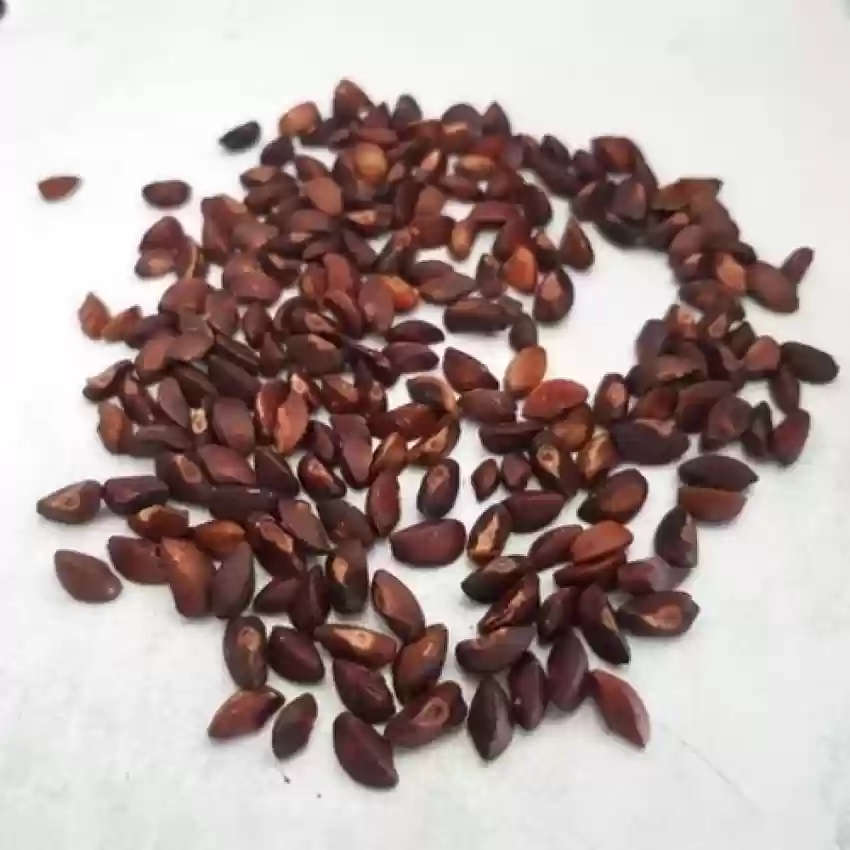
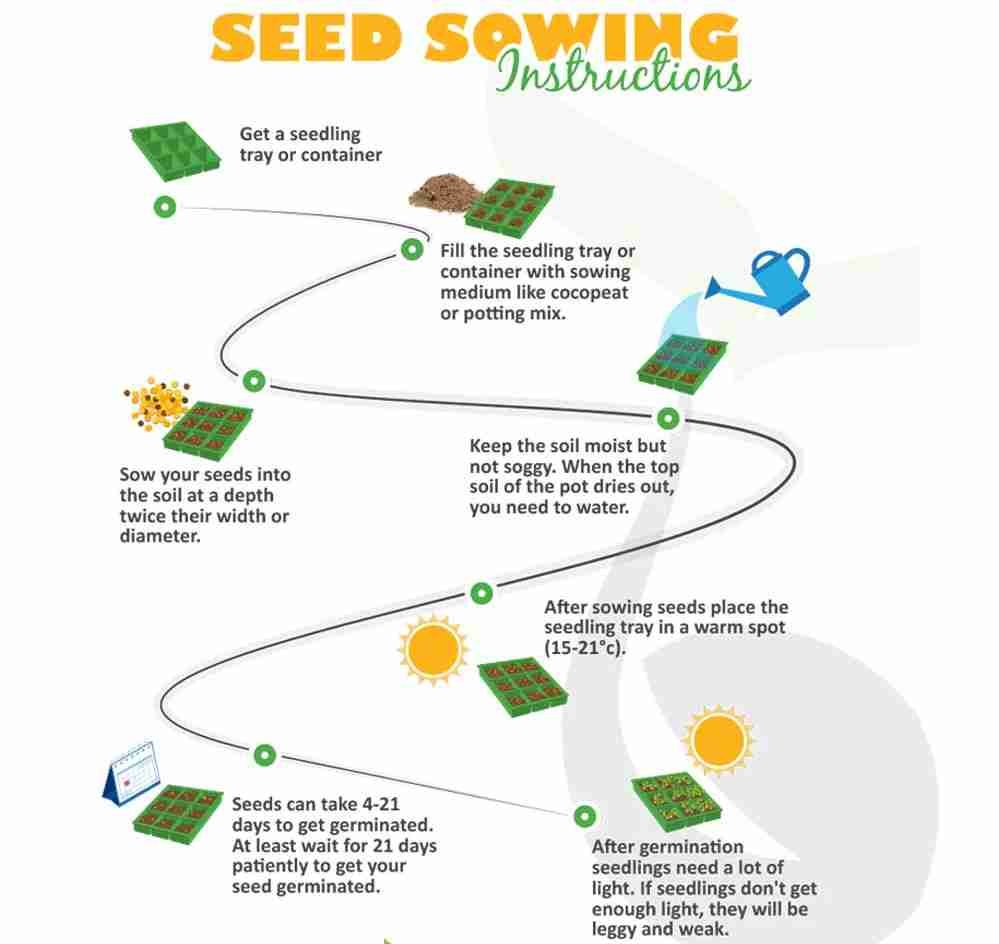
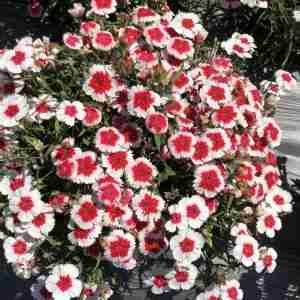

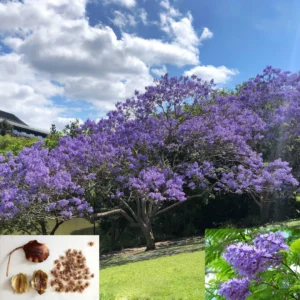
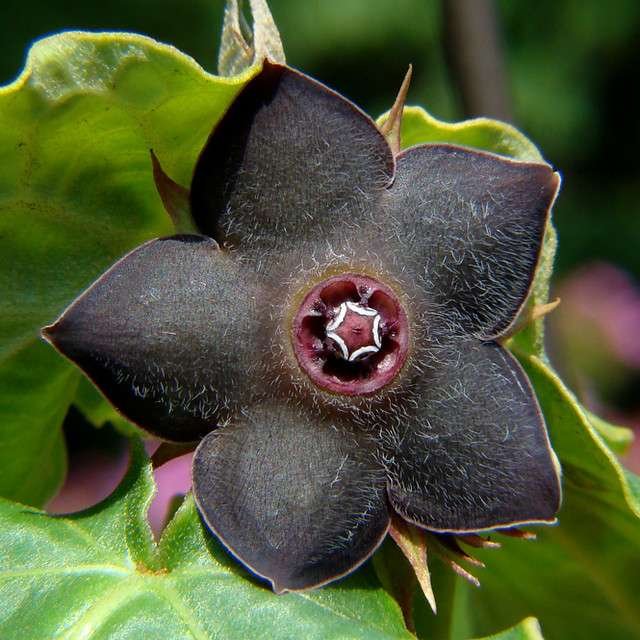
Reviews
There are no reviews yet.